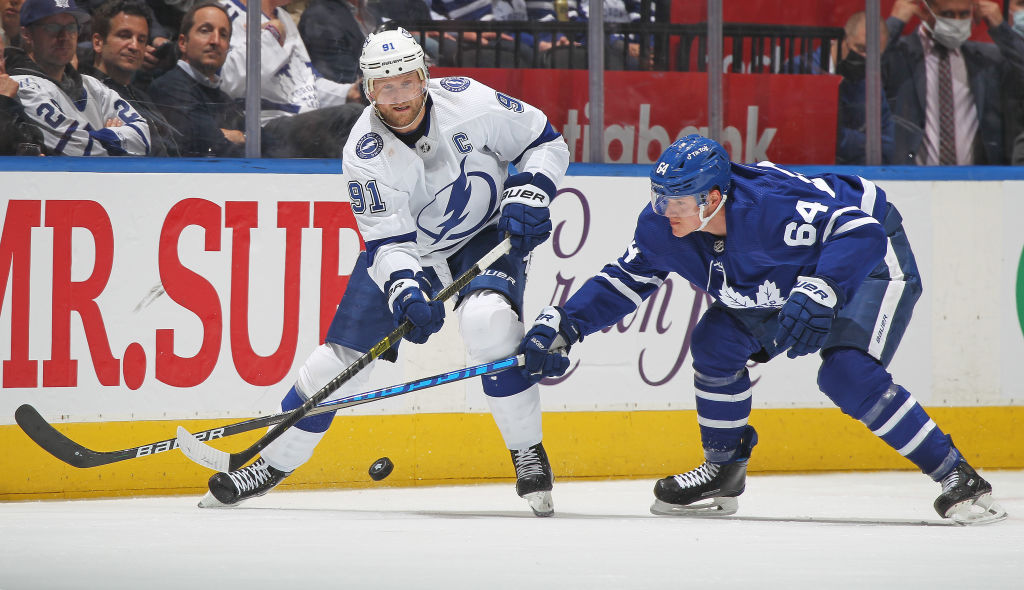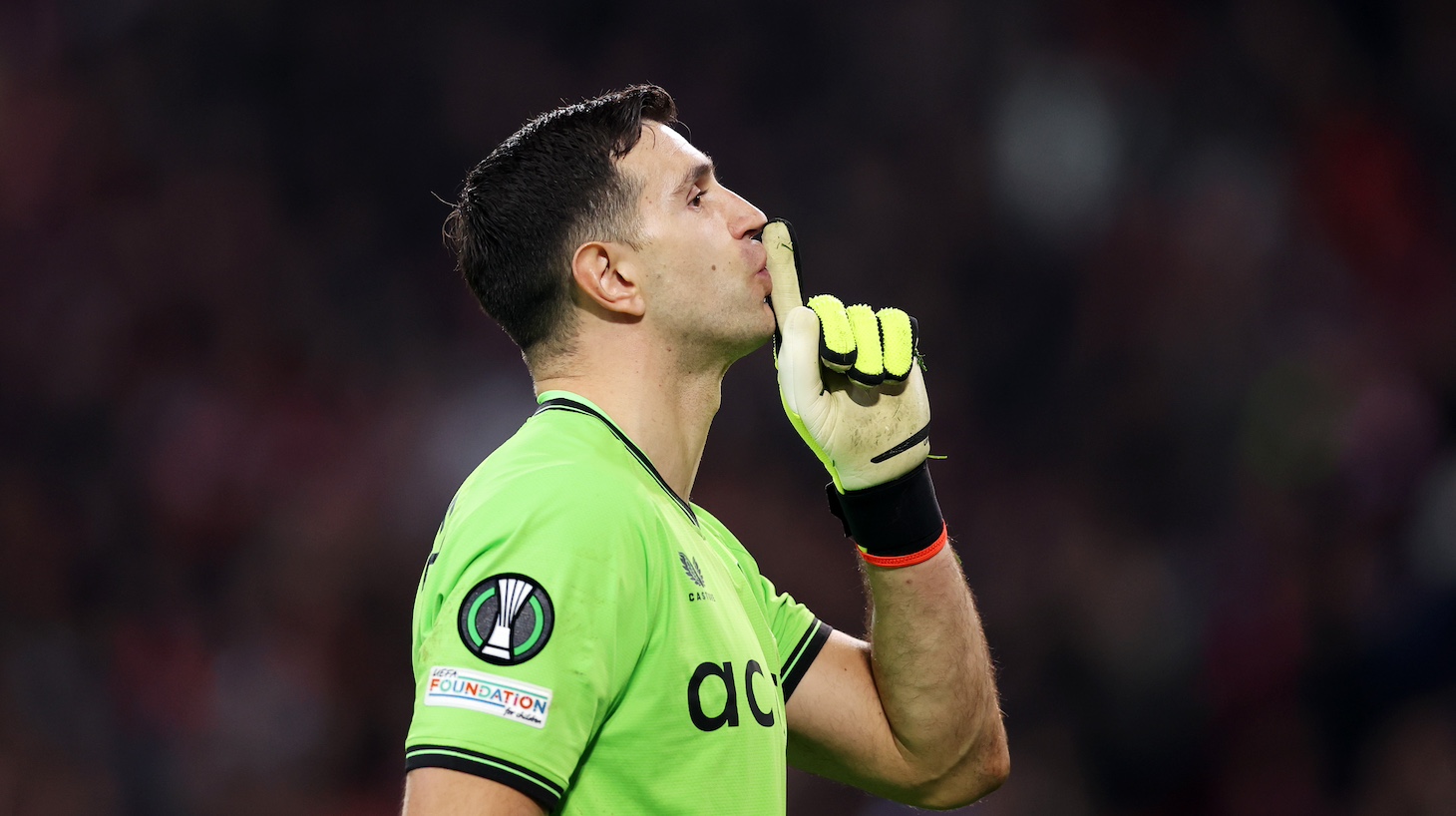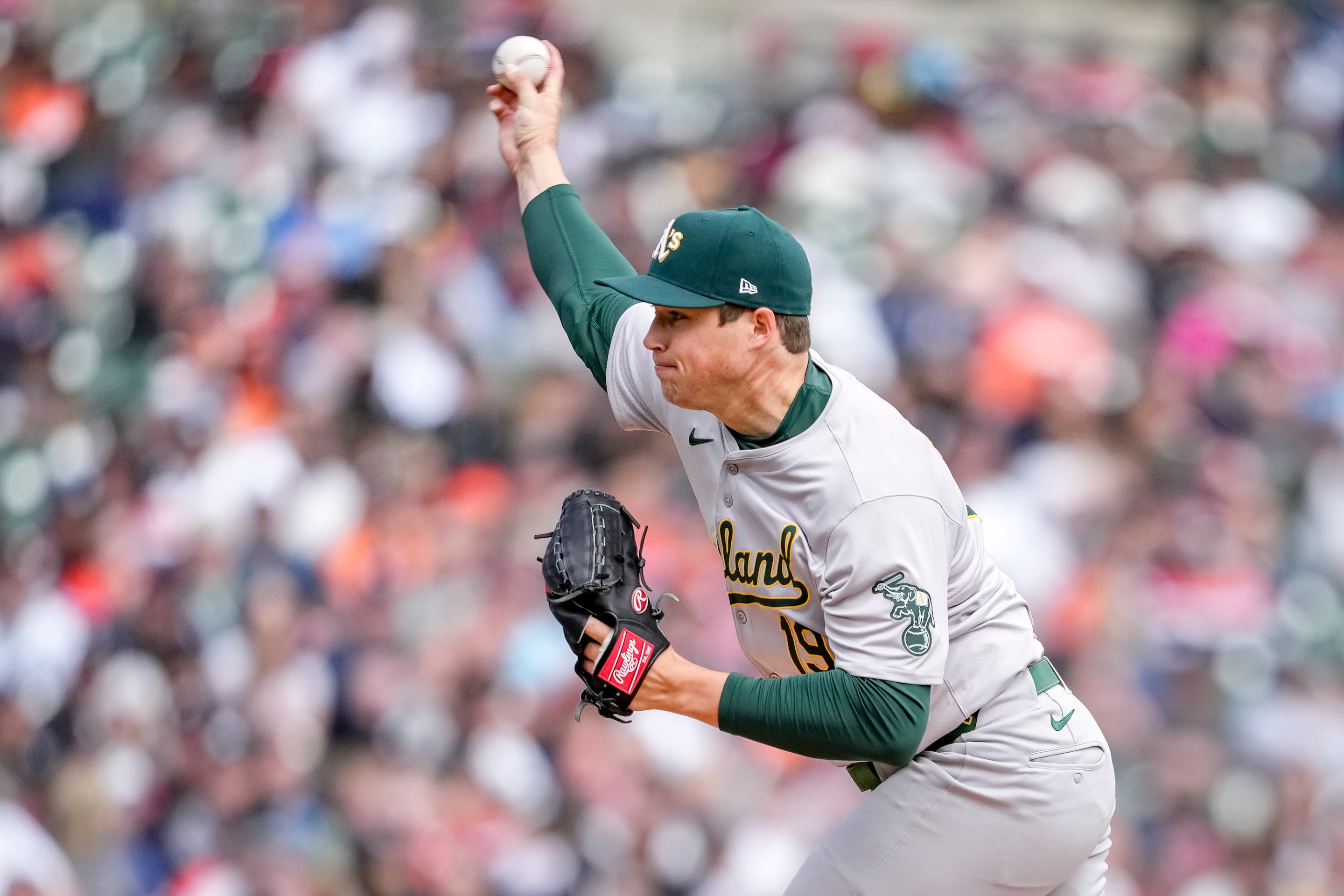The playoffs couldn't have started much worse for the Toronto Maple Leafs. Just seven minutes into Game 1 of the first round, as the Tampa Bay Lightning struggled to break an early stalemate at home, veteran forward Kyle Clifford—who actually led all NHL players in playoff penalty minutes when he won the Cup with the Kings in 2014—had his attempt to set a physical tone for the series go awry. For smashing Ross Colton into the boards from behind, Clifford got called for a major penalty and game misconduct.
The punishment for this crime put the Lightning on a power play for five unbroken minutes, with the opportunity to score as many goals as they could. And while this Tampa offense isn't quite what it was in years past, letting weapons like Stamkos, Kucherov, and Point run wild for that length of time is still a pretty ill-advised strategy. And given the pessimism caked into the Leafs Experience by decades of playoff failure, it was suddenly very easy to imagine a first period that ended with the Lightning enjoying all the momentum and a 2-0, maybe even 3-0 lead. Major penalties truly are that powerful.
But none of that came to pass. In fact, the Lightning could barely get out of the gates all through their extended power play. The Leafs put pressure on the Bolts, never let up on their effort or energy, didn't make mistakes, and even created their own chances while down a man. As the Lightning gave the puck away and continually struggled to even get a shot off, the Leafs themselves opened up the best opportunity of the five-minute stretch, when Alex Kerfoot hit the post after pouncing on a loose puck and speeding end to end.
This kill, on top of the two-minute kill the Leafs executed even earlier in the game, created a scenario in which the Lightning felt frustrated and ineffective, while the Leafs were playing with house money. When Jake Muzzin scored near the end of the first, the swing felt even bigger than just 1-0. When Auston Matthews took advantage of a second period 5-on-3, it further emphasized that Toronto was making plays that the Lightning could not. And then midway through the game, with the Lightning again on the power play and trying to reverse course, another aggressive reaction to a Tampa turnover gave David Kampf all he needed to turn Game 1 into a party.
Later on, the game would devolve into ugliness as the Lightning tried to take some kind of moral victory from the blowout. Head coach Jon Cooper directly connected this feistiness to his team's inability to convert with Leafs in the box.
“The frustration was out of not scoring on the power play,” he said after the game. “We’re better than that.”
You might have heard this somewhere before, but penalty killing is frickin' huge in the NHL playoffs. I mean, it's a big deal all the time, but in a high-stakes seven-game series where randomness rules and any outcome is plausible, games and by extension series and by extension careers can shift on what happens in the small openings granted by the man advantage. Neutralizing that 5-on-4, then, is of the utmost importance. Montreal made it all the way to the Final last year on the strength of their kill, which scored four shorthanded goals for themselves in the first three rounds while only allowing three power play scores in 46 chances. The Florida Panthers, meanwhile, couldn't handle the Lightning in Round 1 thanks in large part to their failure to contain the power play. The Bolts scored eight with the man advantage in a 4-2 series win, and particularly in the first game, Tampa won 5-4 on the back of a shorty and a trio of power play scores.
Not every single penalty is necessarily a turning point, but in this case, it was. The Lightning famously don't lose back-to-back playoff games when Andrei Vasilevskiy is in net, and winning Game 1 ensures that the Leafs won't be required to try and break that spell. But even more crucial, if also more nebulous, than that math is the fact that more than any other franchise in these playoffs, the Leafs need good vibes. They have gone more seasons without a Cup than any team in the NHL. They've gone more seasons without a playoff series win than any team but the Panthers. And they've ended the last four seasons in a row crushing fans with losses in winner-take-all games.
It's nearly impossible to believe in the Leafs at his point without feeling like a mark, and the shadow of their past disappointments will loom over every minute of this series, pointing everyone's minds toward thoughts of collapse for as long as it takes for the Leafs to either finally get to the second round or fall out of the bracket yet again. But in those five minutes in that first period, Toronto cut against all the most obvious expectations that surround this team by refusing to yield while down a man, and by using a major setback as a launch pad for one of the best games this group has ever played. They now carry into Game 2 the knowledge that they can outplay the two-time defending champs and dictate this series. That's what the penalty kill can give.
If you liked this blog, please share it! Your referrals help Defector reach new readers, and those new readers always get a few free blogs before encountering our paywall.
Stay in touch
Sign up for our free newsletter





